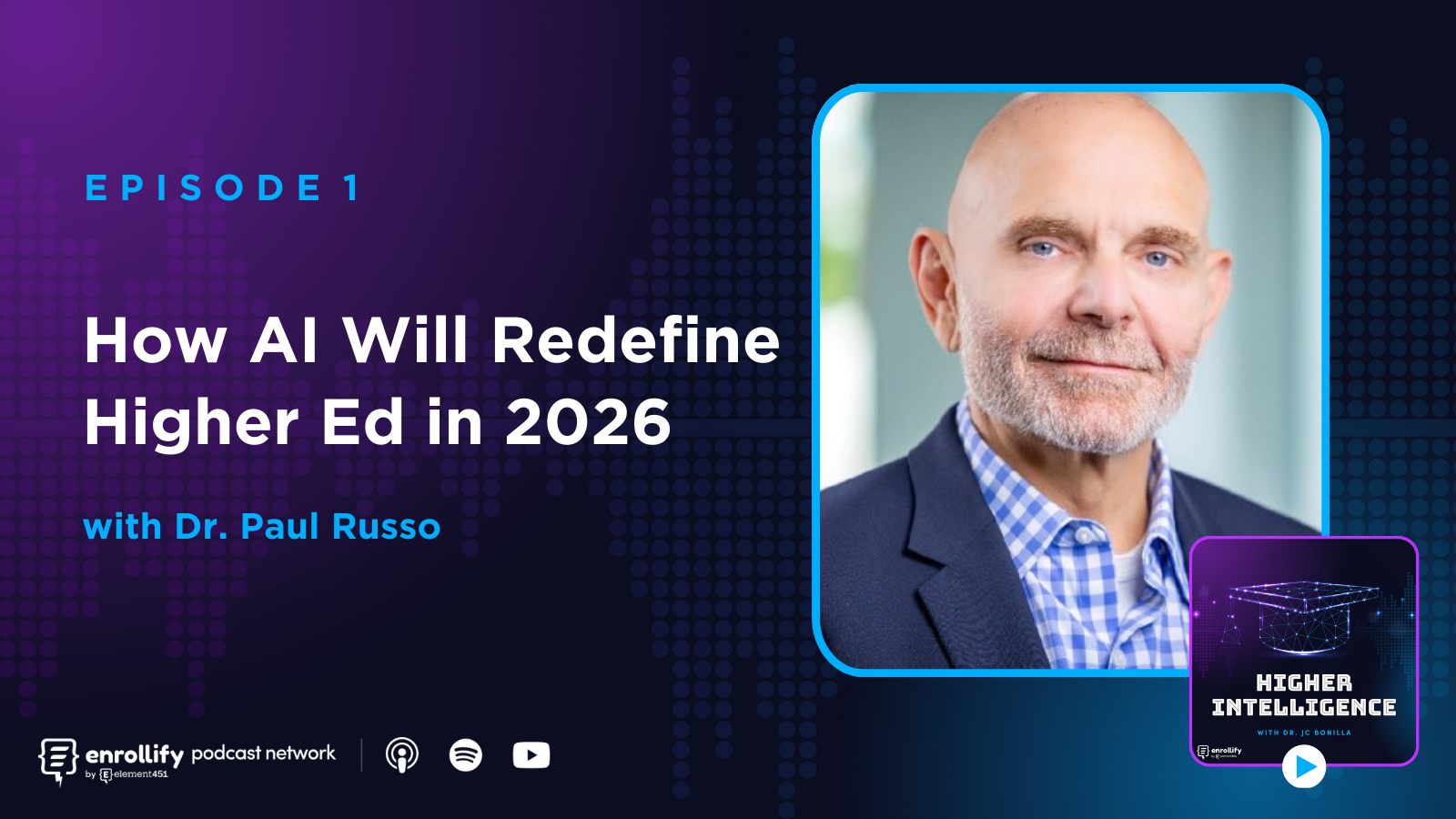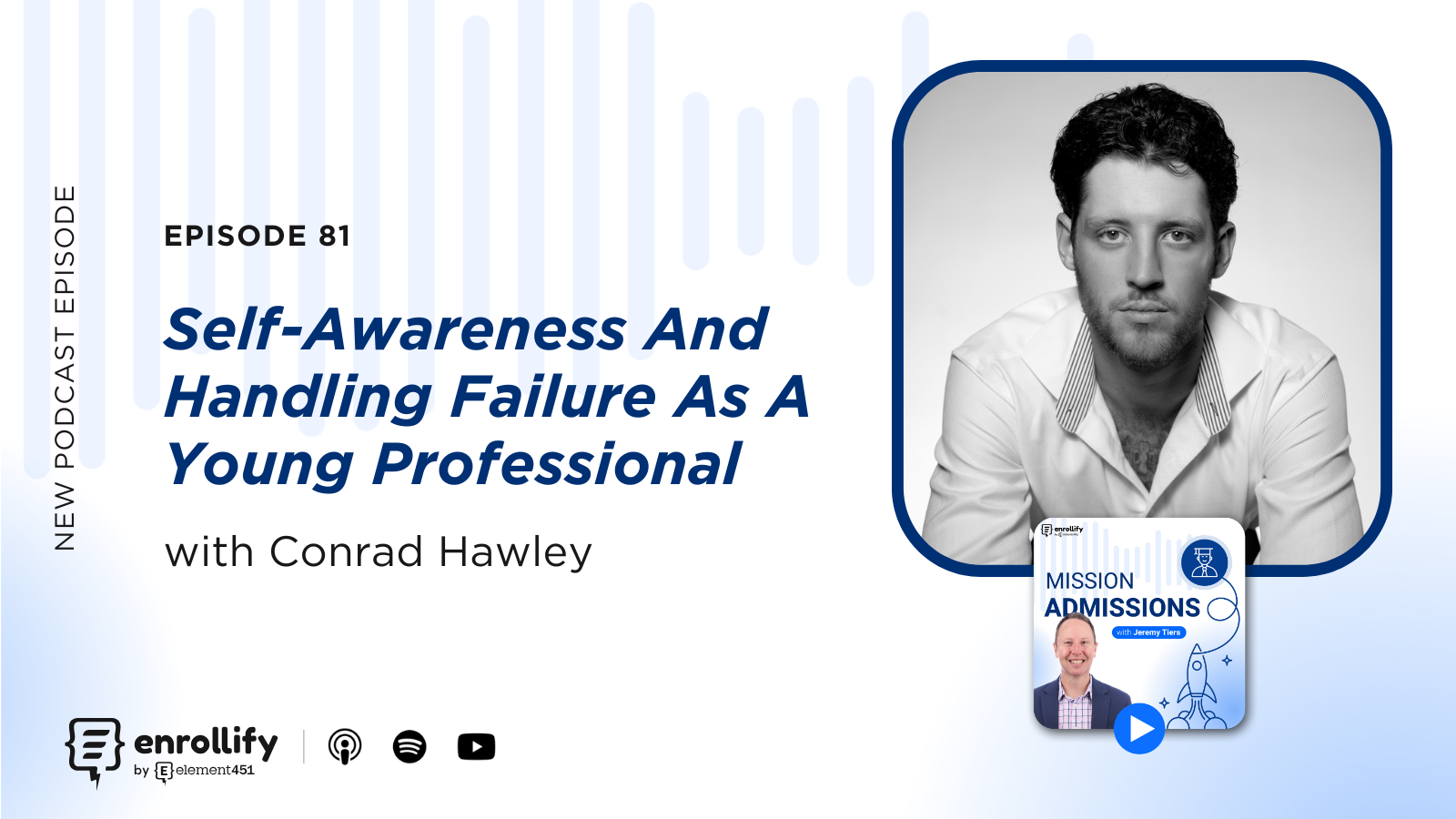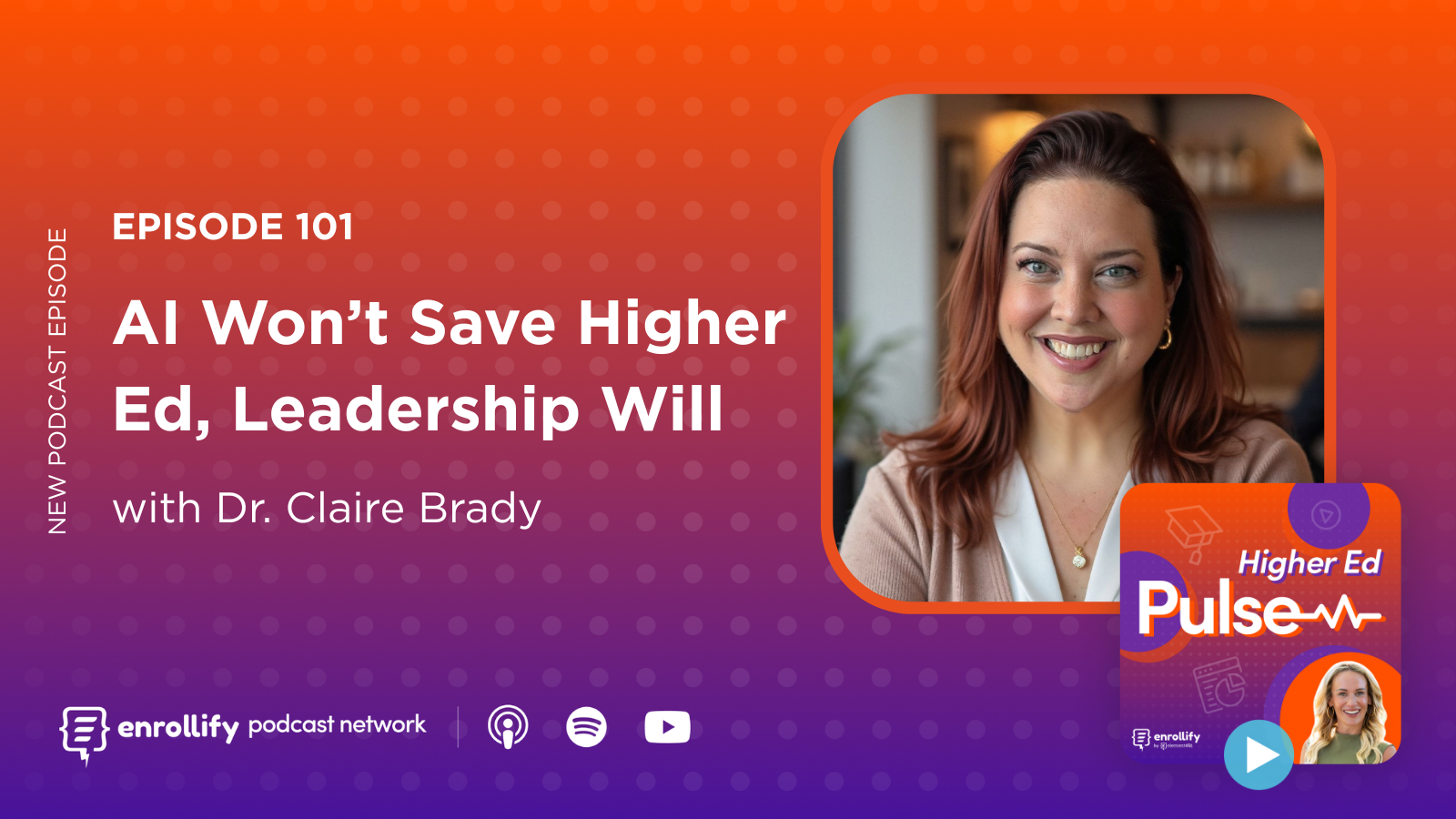About the Episode
In this episode, we dive into the transformative potential of AI in college admissions. We explore the evolving landscape of talent matching, emphasizing the unique challenges and opportunities AI presents in this area. Our discussion centers on the innovative concept of Grade Point Trajectory (GPT) as a more dynamic and fair measure compared to traditional GPA, highlighting how AI can aid in reducing biases and reshaping the admissions process to better capture a student's true potential and growth.
The Problem with Traditional Methods
Ardis and JC’s discussion began by highlighting the limitations of traditional metrics like GPA in capturing a student's true potential.
Traditional metrics like GPA often fail to encompass the diverse strengths and abilities of students. They focus narrowly on academic performance, overlooking other crucial aspects such as creativity, leadership, and resilience.
Plus, GPA is a cumulative score that doesn't reflect the trajectory of a student's learning and improvement over time. It can't capture the context behind the numbers, such as personal challenges or the level of course difficulty.
Traditional methods can inadvertently reflect systemic biases. These methods often overlook the cultural and socio-economic factors that significantly impact a student's educational journey. For instance, students from underprivileged backgrounds may have fewer resources to excel academically, skewing their GPAs.
AI as a Solution
AI offers a promising avenue to mitigate human biases in college admissions. By leveraging algorithms, AI can assess applicants more objectively, focusing on a wider range of qualifications beyond just academic scores. This approach aims to create a more equitable admissions system, where decisions are less influenced by unconscious human prejudices.
AI excels in analyzing diverse data types, enabling a more dynamic evaluation of applicants. This includes not just academic achievements but also behavioral and growth metrics, providing a fuller picture of a student's potential. This is a game changer since some patterns and qualities might be overlooked in traditional methods.
The use of AI in admissions extends to the analysis of non-traditional data points, such as extracurricular activities, personal essays, and even social media presence. This broader data utilization helps in understanding the holistic profile of students, helping to identify those who could thrive in diverse educational environments.
What is Grade Point Trajectory (GPT)?
Grade Point Trajectory (GPT) is a concept introduced by Ardis and JC that shifts the focus from traditional GPA to a more dynamic measure of a student's academic journey. It considers the progress and growth in a student's grades over time, rather than just a static cumulative score.
This approach acknowledges the importance of improvement and development in a student's academic path, offering a more comprehensive view of their potential.
The significance of GPT lies in its ability to provide a fairer, more inclusive evaluation of students. By assessing the trajectory of a student's grades, GPT accounts for factors like personal challenges and varying starting points in education. This makes the admissions process more equitable, especially for students who may have faced early disadvantages but have shown significant progress over time.







%20(1).avif)







